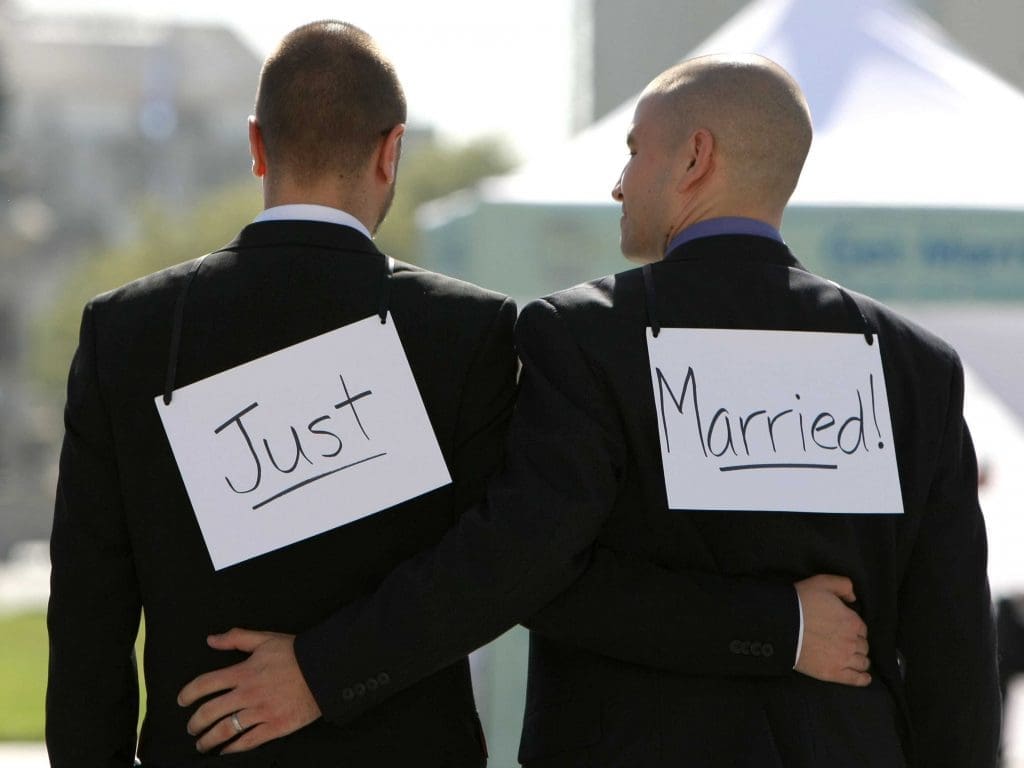There has been mounting political contention regarding the introduction of a plebiscite for same-sex marriage. So that begs the question, what is a plebiscite and how does it affect you?
A plebiscite is a national vote that’s used to gauge public support for a legislative proposal. It’s important to remember, however, that a plebiscite unlike a referendum is not binding. So you may be asking, why not have a referendum? The answer to that falls upon a 2013 High Court decision which found that the federal Parliament has the authority to make laws with respect to ‘marriage’ as granted by Section 51(xxi) of the Constitution. This would potentially include within its definitions same-sex marriage.
Now to the facts, what would a plebiscite mean for same-sex marriage?
A plebiscite has generally been regarded to be an inhibitor rather than a proponent for same-sex rights. The fact that it is non-compulsory would mean that only politically motivated individuals would be likely to vote and this would not provide an accurate representation of the opinion of the Australian public as a whole. Furthermore, they are non-binding. There have also been significant concerns regarding the potential for a campaign of hate, should a plebiscite come to pass. This is because there are no strict regulations governing a plebiscite like there are for referendums and elections.
A plebiscite has very real consequence on the welfare of the LGBTI community. In a fact sheet released by Australian Marriage Equality.Org, there is research to suggest that a "[it] detrimentally effects the mental health of lesbian, gay, bisexual, transsexual and intersex people".
Despite the potential detriment afforded to the LGBTI community, it has been said that there is support for the marriage equality plebiscite in the community. However, this is not echoed in public opinion polls. In a poll commissioned Parents and Friends of Lesbians and Gays (PFLAG), when voters were informed that the plebiscite is non-binding, support was only 33%. When voters were further informed that the process would cost tax payers $160 million, the support dropped to 25%. This poll stands testament to the fact that a same-sex marriage plebiscite may not be the best foot forward on the road to marriage equality.
Statistics from The Guardian.
If you have concerns about your same-sex relationship, contact us on 02 8917 8700 to discuss your options.

